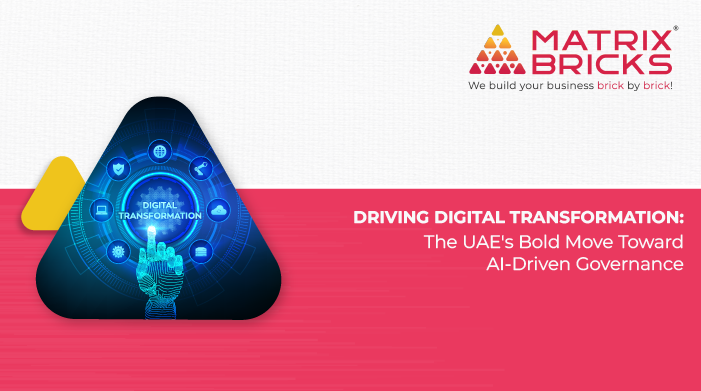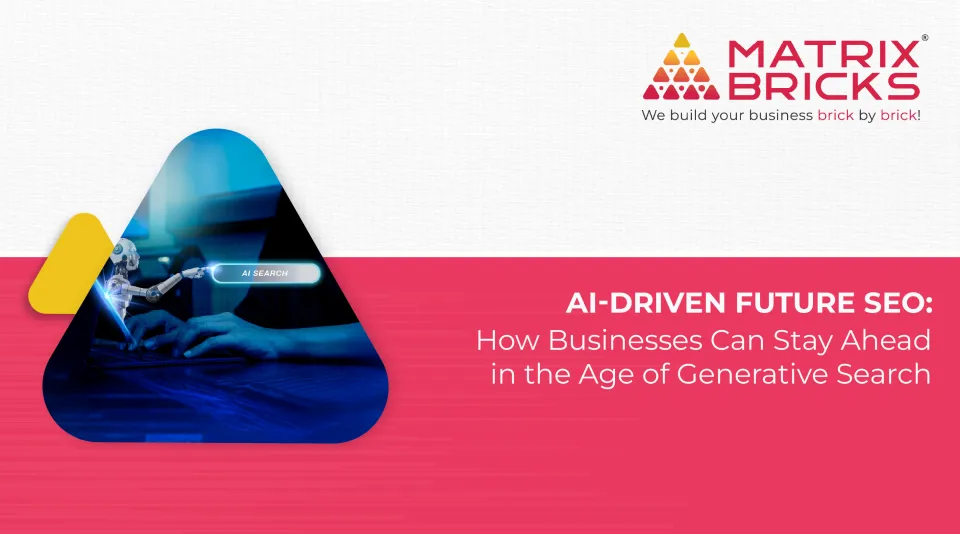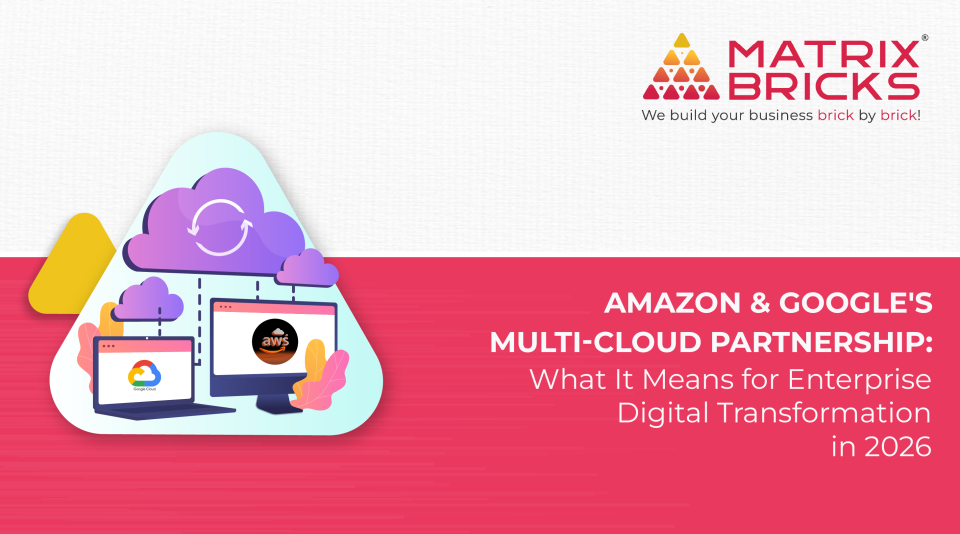
Imagine living in a city where simple tasks like renewing your driver’s license turn into a drawn-out ordeal. You start by trying to figure out which department to visit, only to realise there is a different one for every step. You take time off work, wait in long queues, fill out forms that may or may not be accepted, and shuffle between counters trying to get approvals, photocopies, and signatures. It is just not time-consuming; it is mentally exhausting and often discouraging.
Now, consider a more innovative, AI-powered solution. Imagine opening a government mobile app, logging in securely, and uploading your details in a few taps. Artificial Intelligence —a modern approach — enables algorithms to scan your documents for accuracy instantly, check for missing information, and notify you if anything is incorrect. You receive real-time updates, suggested appointment slots based on your availability, automated reminders via SMS or email, and digital approval — without ever setting foot in a government office unless necessary. The entire process is streamlined, transparent, and completed in days instead of weeks.
This isn’t just a futuristic dream — it’s rapidly becoming reality. Across the world, and particularly in forward-thinking countries like the United Arab Emirates (UAE), governments are embracing artificial intelligence in business operations and artificial intelligence in cybersecurity to transform the way they deliver public services. It’s about more than just speed; it’s about creating more innovative, more efficient governance that saves time, reduces stress, and builds trust between citizens and the state.

why AI is at the core of the UAE’s Vision 2031
The UAE is putting a Large Amount into AI governance
The United Arab Emirates is investing heavily in Artificial Intelligence (AI) across all levels of government to modernise the public services, boost efficiency, and ensure its future competitiveness. The government has launched national strategies, created large funding vehicles, and partnered with global tech firms to drive artificial intelligence—a modern approach to governance and public administration.
Some of the big moves include:
- Establishment of MGX Fund Management Limited, a state‐owned investment firm aimed at financing AI technology, including infrastructure and research. Its target is managing assets worth tens of billions of US dollars.
- UAE’s National AI Strategy 2031, which integrates AI across healthcare, education, transportation, energy, and government services.
- Significant investments in AI data centres, sovereign cloud computing, and digital infrastructure that support automation, predictive analytics, and real‑time decision making, ensuring data integrity and artificial intelligence in cybersecurity.
- These are not just experiments or pilot programmes; they are scaled, ambitious, and intended to reshape how government functions.
Slow processes can kill innovation: AI Governance as the evolution
Slow administrative or bureaucratic processes can significantly hinder innovation, leading to delays, inefficiencies, resource waste, and a lack of accountability. Innovation thrives in environments where governance is agile, data-driven, and accountable. AI governance is one of the most significant evolutions in that direction — an example of artificial intelligence, a modern approach applied to public administration.
- AI can automate routine government tasks such as permits, licences, and registrations, reducing human error, speeding up decisions, and freeing staff to focus on more complex or human-centric work.
- Predictive analytics help anticipate issues, such as traffic congestion, healthcare demand, and infrastructure wear and tear, allowing for proactive policy and maintenance rather than reactive responses.
- Digital tools, cloud infrastructure, machine learning models, and cross-departmental integration can enable interoperable, seamless citizen services, reducing red tape and duplication.
UAE recognises that slow processes do more than frustrate citizens; they reduce competitiveness, discourage business, and slow national growth. The evolution towards AI-driven governance is not only about efficiency — it’s about ensuring that the government itself is innovating, adopting artificial intelligence in its business practices, and strengthening its use in cybersecurity to protect data, systems, and public trust.
Why the Government wants AI
Why are governments around the world, and particularly in the UAE, pushing so hard for AI in governance?
There are several reasons for it:
- Service efficiency: Faster, more reliable public services improve citizen satisfaction and trust.
- Cost reduction: Automation and optimisation reduce overheads, duplication, and wasted resources, showcasing how artificial intelligence in business principles can be applied to government operations.
- Data-driven decision making: Using real-time or near-real-time data to inform policy leads to better outcomes.
- Transparency and accountability: AI systems can be designed to log decision trails, provide auditability, and reduce corruption or opacity, reinforcing artificial intelligence in cybersecurity and secure governance practices.
- Competitive advantage: In a global race for talent, investment, and innovation, governments with more innovative governance are more attractive to businesses, investors, and tech firms.
- Resilience and adaptability: Crises (pandemics, climate change, economic shocks) demand nimble responses, which AI and technology enhance.
The government wants AI not for its own sake but as a tool to deliver services better, faster, cheaper, and more fairly.

UAE’s Biggest Bet
Here are some of the standout aspects of the UAE’s bet on AI governance:
| Area | Key Initiative / Investment | Purpose / Outcome Expected |
| National Strategy | UAE Strategy for Artificial Intelligence (launched 2017) & AI Strategy 2031 | To guide public policy, set goals for sectoral adoption (health, transport, energy), training, and ethical regulation. |
| Investment Funds | MGX Fund Management targeting significant AI assets, partnerships with Microsoft & G42, others | To build infrastructure, encourage innovation, and scale AI applications. |
| Smart Infrastructure | AI‑powered command hubs (for example, “Dubai Live”), smart police stations (automated, 24/7), autonomous AI in the energy sector via ADNOC, etc. | To make urban governance, public safety, and utilities more efficient and predictive. |
| Regulation & Ethics | Introduction of AI regulations aligned with international guidelines (OECD, others), mandatory impact assessments, and a focus on ethical practices. | To ensure the safe, fair, and accountable use of AI. |
| Talent & Innovation Ecosystem | Attracting global talent (visas, incentives), creating research institutions, large datasets, partnerships, and developing large language models like “Falcon”, etc. | To build home‑grown capabilities rather than only importing technology. |
Why this matters to all of us:
The UAE’s vision for AI governance is not just about domestic transformation; it is setting a precedent for integrating AI into national systems in a responsible manner. As more countries explore AI adoption, the UAE’s model becomes a live example of policy regulation, infrastructure, and service delivery converging through artificial intelligence — a modern approach.
AI is Shaping the Future of Public Life
From how we access healthcare to how cities manage traffic, AI is quickly becoming the invisible engine behind many public services. Governments worldwide are moving towards automation, digital platforms, and real-time citizen interaction. The UAE’s early, structured investment in this space shows others how to implement artificial intelligence in business effectively — not mindlessly or chaotically.
Real-Time Rules Will Influence Global Standards
As AI tools evolve rapidly, regulations often lag. The UAE is trying to change that by aligning with global bodies and introducing ethical checks from the start. These real-time efforts could serve as reference points for other nations still figuring out how to govern emerging technologies. Artificial Intelligence in cybersecurity is a key component, ensuring that data, systems, and processes remain secure while innovation progresses.
Shared standards are essential because AI doesn’t stay within borders — data flows freely, and systems interact internationally. When a country takes the lead on responsible innovation, it nudges others in the same direction.
Smaller Nations Can Lead Too
Traditionally, major players such as the US, China, or the EU have set the tone for the tech industry. But the UAE is showing that bold vision, thoughtful planning, and focused investment can put even smaller nations on the innovation map.
This opens doors for other developing or mid-sized countries to stop waiting and start building their own AI-led governance models — tailored to their people, culture, and challenges.
Challenges that come with AI Governance?
Despite the opportunities, rolling out AI in government isn’t a simple plug-and-play. There are serious concerns to address—and the UAE, like others, has to tread carefully. Here’s what governments need to keep in mind:
Who Owns the Data?
AI thrives on data, and in the public sector, that often includes personal or sensitive information. This raises key questions: Who has access to it? Is it secure? Do citizens know how their data is used?
Building trust starts with transparency and giving people control over their data. Implementing artificial intelligence — a modern approach means embedding privacy and ethical safeguards from the start.
Bias Isn’t Just a Tech Problem — It’s a Social One
If an AI system is trained on biased or incomplete data, its decisions can reinforce unfairness — even if unintended. Imagine an automated system that gives benefits or detects fraud but disproportionately flags specific communities. That’s a real risk.
Therefore, governments must test and monitor their algorithms, ensuring that a human hand is always involved in high-stakes decisions. Artificial intelligence in business, with principles such as fairness and accountability, can guide ethical implementation in public services.
If You Can’t Explain It, People Won’t Trust It
It’s not enough for an AI system to be accurate — it also needs to be understandable. Citizens deserve to know why an AI made a particular decision, mainly when it affects their rights, benefits, or opportunities.
That’s why building explainable, transparent systems is critical for long-term public trust.
Cybersecurity Is More Than Just a Tech Concern
When AI manages systems like energy grids or emergency services, a security breach can have severe consequences. That’s why digital protection isn’t just about strong passwords — it’s about national safety.
Governments must treat AI systems like critical infrastructure and invest accordingly.
Skilled Talent Is Still in Short Supply
AI systems don’t run themselves. Governments need trained people — not just coders, but data ethicists, AI auditors, and public servants who understand how to work with AI tools. Developing that talent pool is a long-term commitment.
Public Trust Is Earned, Not Assumed
No matter how advanced a system is, it won’t succeed without buy-in from the people. That means addressing openly and honestly fears of surveillance, job loss, or unfair treatment. It also means engaging citizens in the process—not just announcing changes from the top.
How the UAE’s Model Can Help the World
When a country leaps into AI-led governance with this level of planning, it creates a ripple effect. Here’s how the UAE’s journey could be useful beyond its borders:
A Practical Framework for Other Countries
The UAE provides a clear example of how national strategies, ethical guidelines, innovative city tools, and AI policies can all work together effectively. Other countries can study this roadmap and adjust it for their unique needs.
Sharing AI Tools That Speak Local Languages
By developing and releasing tools like Falcon, which supports Arabic, the UAE is encouraging localised innovation. This allows other countries to adopt AI in ways that reflect their own cultures and languages, rather than relying only on Western-made tools, showcasing the global potential of artificial intelligence in business.
Driving Regional Cooperation
The UAE can play a leading role in helping its neighbours — in the Middle East, Africa, or South Asia — build up their own digital capabilities. This could lead to regional data-sharing agreements, shared artificial intelligence in cybersecurity defences, and more innovative trade systems.
Influencing Global Conversations
The UAE is actively engaged in international discussions on AI policy, encompassing topics ranging from ethics to data governance. By participating in these spaces, you are helping shape a global AI future that’s more diverse, inclusive, and collaborative — one that is not just dominated by tech giants or superpowers.
Conclusion
The UAE isn’t just using AI to run its services more smoothly; it’s testing what the future of government could look like. With the right blend of vision, care, and accountability, they’re creating a real-world example others can learn from.
This matters because what one country does with AI today can affect how people everywhere live tomorrow.
Frequently Asked Questions
Why is the UAE investing so heavily in AI for government?
They believe AI can help make government services faster, smarter, and more citizen-focused — while also improving long-term sustainability and efficiency. This is a prime example of artificial intelligence — a modern approach being applied to governance.
Can other countries do the same?
Yes, although the exact approach needs to be tailored to their local context. However, many of the principles — such as ethical regulation, strategic investment, and public benefit — are universally applicable. Countries can adapt these lessons to develop AI-driven public services or to integrate artificial intelligence into government business processes.
Will AI replace public sector jobs?
Not entirely. AI will likely transform many roles, but human oversight and emotional intelligence will remain vital in public administration.
How is the UAE making sure AI is fair and safe?
They’ve put ethical frameworks in place that align with global standards. These include impact assessments, human oversight, and transparency requirements. Artificial intelligence in cybersecurity measures is also embedded to safeguard data and protect critical government systems.
Why does this matter globally?
As AI is being utilised by governments worldwide, the UAE is one of the first to approach it holistically — and others may follow its lead.







